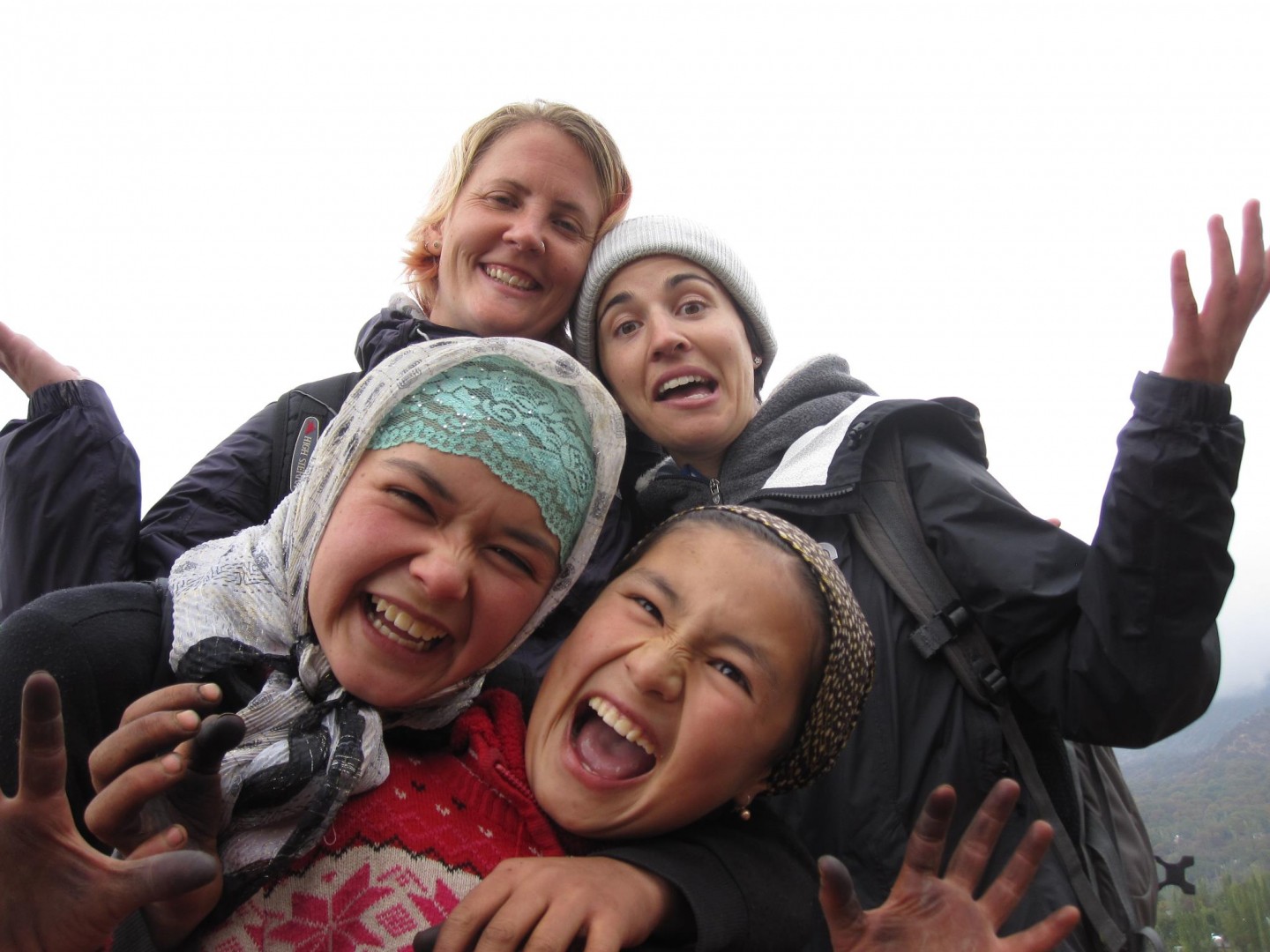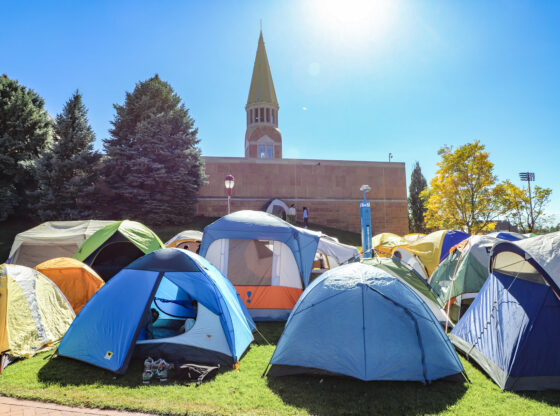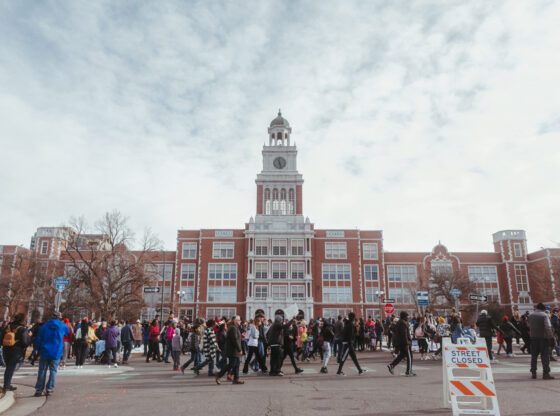Not only did first-year MFJS graduate student Katie Cook and her partner Maggie Young want to see the world, but they wanted to have a deeper understanding of it. The two crowd-funded and saved money and then, in July 2012, set out on a 13-month journey around the globe.
In addition to their physical travels, the duo also embarked on a personal journey and project to reflect the current state of LGBT individuals across the world—interviewing gay, lesbian, bisexual and transgender people in the places that they traveled.
“There were so many amazing stories that we got to hear and people we were able to meet,” said Cook.
The duo travelled across 13 countries and interviewed people in seven of them: Somoa, Mongolia, Kyragastan, India, Ghana, Nepal and Tibet. They sought out people of the LGBT community while travelling and then met with them to talk. Cook and Young were able to both broadcast their work on “This Way Out,” an LA-based radio station, as well as print a series of articles in GayStar News, a British newspaper.
“The most impactful interview, for me, was with a transgender man in Mongolia. He was the first person in the country (and for a period the only person) to run an LGBT bar, the cofounder of an LGBT center in the country and the first to go abroad to get hormone treatments,” said Cook. “It was an honor to meet such a trailblazer. Every movement needs a leader.”
For Cook, the experience was eye-opening not only about the situation of LGBT individuals abroad, but also about how the United States stacks up.
“We tend to think, as Americans, that the United States is so far advanced in everything. We certainly did visit places where the situation was a lot worse for LGBT people—places where it was illegal and there was danger involved in even talking to us. However, there were also places that were far more progressive,” said Cook. “For example, in Iceland, the former prime minister was a lesbian woman. I asked a resident if people joked or thought that this was controversial, and he looked at me like I had three heads. He didn’t understand why anyone would think that.”
In terms of what can be done to improve the complex situation of LGBT individuals in America, Cook had several suggestions.
“Coming out in itself is a form of advocacy. It’s hard to people to pass legislation or think ill of people that they know and love,” she said. “I think we also need to be able to have open and honest conversations about internal homophobia. Even people who support, or are a part of the LGBT community may face this, often subconsciously. Having open and respectful conversations can do wonders in understanding one another.”
As for what’s next for the graduate film student, she is not too sure, but she would like to continue working on similar projects and use media to open dialogues and share stories.
“I would love to do more with this project, whether it’s a series of short documentaries or something more. While the interviews were about the current situation for LGBT individuals in those certain communities at a certain point in time, so much of what the people had to say were personal stories and experiences, and those are timeless,” said Cook.
Cook and Young’s radio casts and articles, as well as more information about them and their trip can be found on their website sapphicnomads.com.











